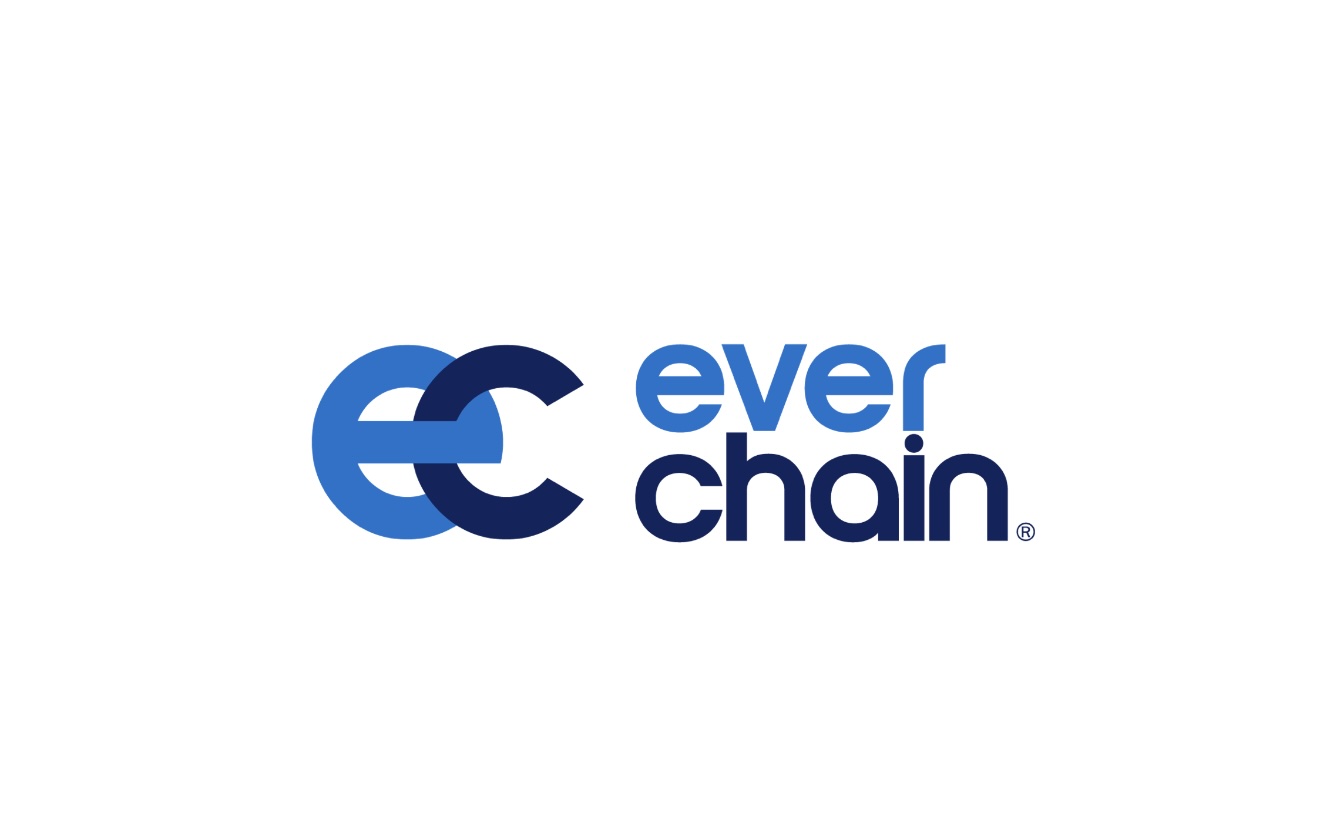Source: site
The Consumer Financial Protection Bureau (CFPB) has proposed significant changes to anti-discrimination protections, aiming to narrow the scope of long-standing fair-lending rules rooted in the Equal Credit Opportunity Act (ECOA). The most notable rollback would eliminate regulators’ ability to use the “disparate impact” legal standard, which addresses lending practices that, although neutral in appearance, disproportionately harm certain groups (especially minorities). Instead, the focus would shift to investigating and penalizing only intentional acts of discrimination.
Key Proposed Changes
-
End of Disparate Impact Liability: The CFPB would explicitly state that the ECOA does not cover “disparate impact” liability, removing protections against policies or algorithms that unintentionally disadvantage protected groups.
-
Restrictions on Special Purpose Credit Programs (SPCPs): For-profit organizations would be barred from creating credit programs that target groups by race, sex, color, or national origin, unless there is rigorous evidence of necessity. This would significantly limit efforts designed to increase credit access for marginalized communities.
-
Narrowed Definition of Discouragement: The CFPB’s proposal redefines what counts as applicant “discouragement,” now focusing on explicit discriminatory statements rather than broader, subtler discouragements.
-
Removal of Some Identity-Based Inquiries: Financial institutions would be restricted in how they ask for or use demographic information about applicants, especially regarding race and sex.
Context and Motivations
These changes follow an executive order from the White House in 2025, part of broader efforts to review and curtail civil rights-era regulations that address both intentional and unintentional discrimination. Proponents argue the prior rules imposed unfair burdens on lenders and might encourage de facto quota-setting, while shifting the legal risk landscape for financial firms.
Reactions and Concerns
Civil rights groups, Democrats, and consumer advocates have voiced strong opposition, warning that abandoning disparate impact protections would open the door to renewed systemic bias in lending, just as automated and algorithm-driven decision-making is becoming more common. These groups argue that the rollback would undermine decades of progress in fighting covert discrimination, especially in mortgage and business lending.
Implications
-
Lenders may face lower compliance costs and reduced liability exposure.
-
Potential for increased regulatory uncertainty and litigation as courts weigh in on the revised rules.
-
Risk of more covert, algorithmic forms of discrimination going undetected or unaddressed in consumer credit markets.
In summary, the CFPB’s proposed rollback would mark a substantial shift in federal fair-lending enforcement, reducing the scope of anti-discrimination protections and changing how civil rights in lending are protected and enforced in the United States.





